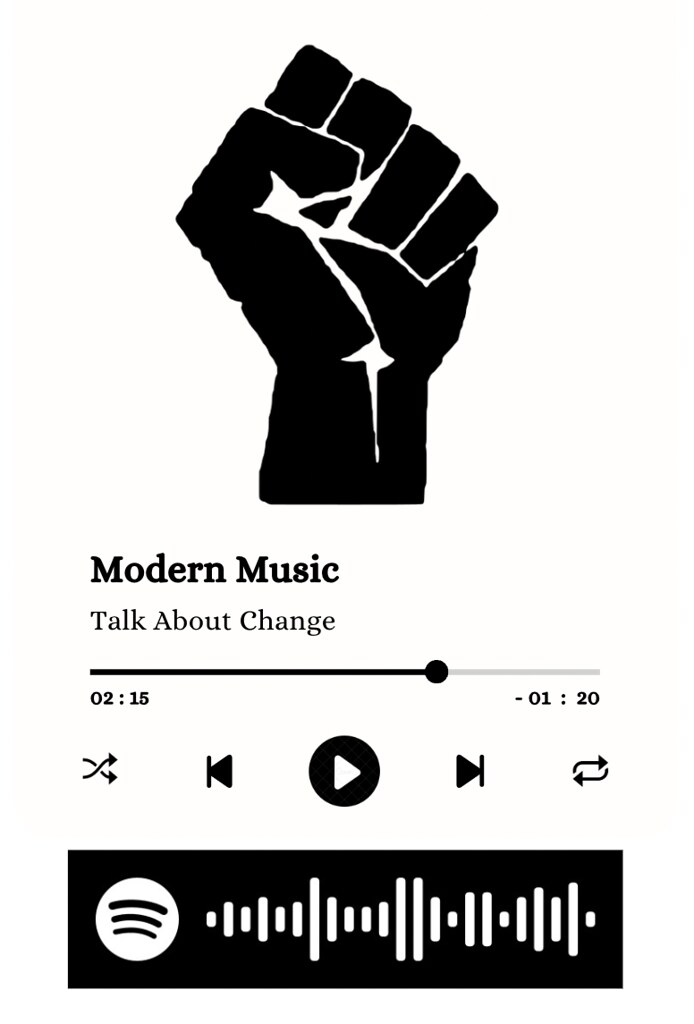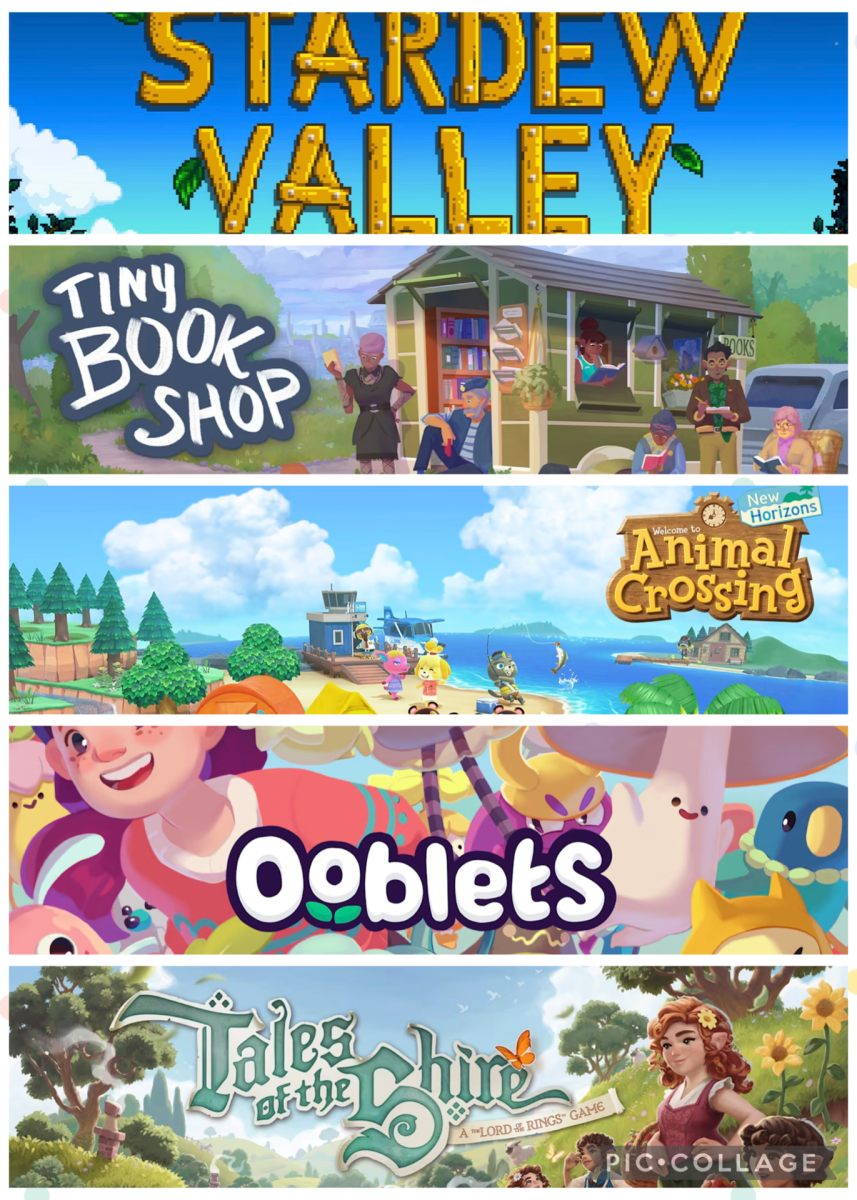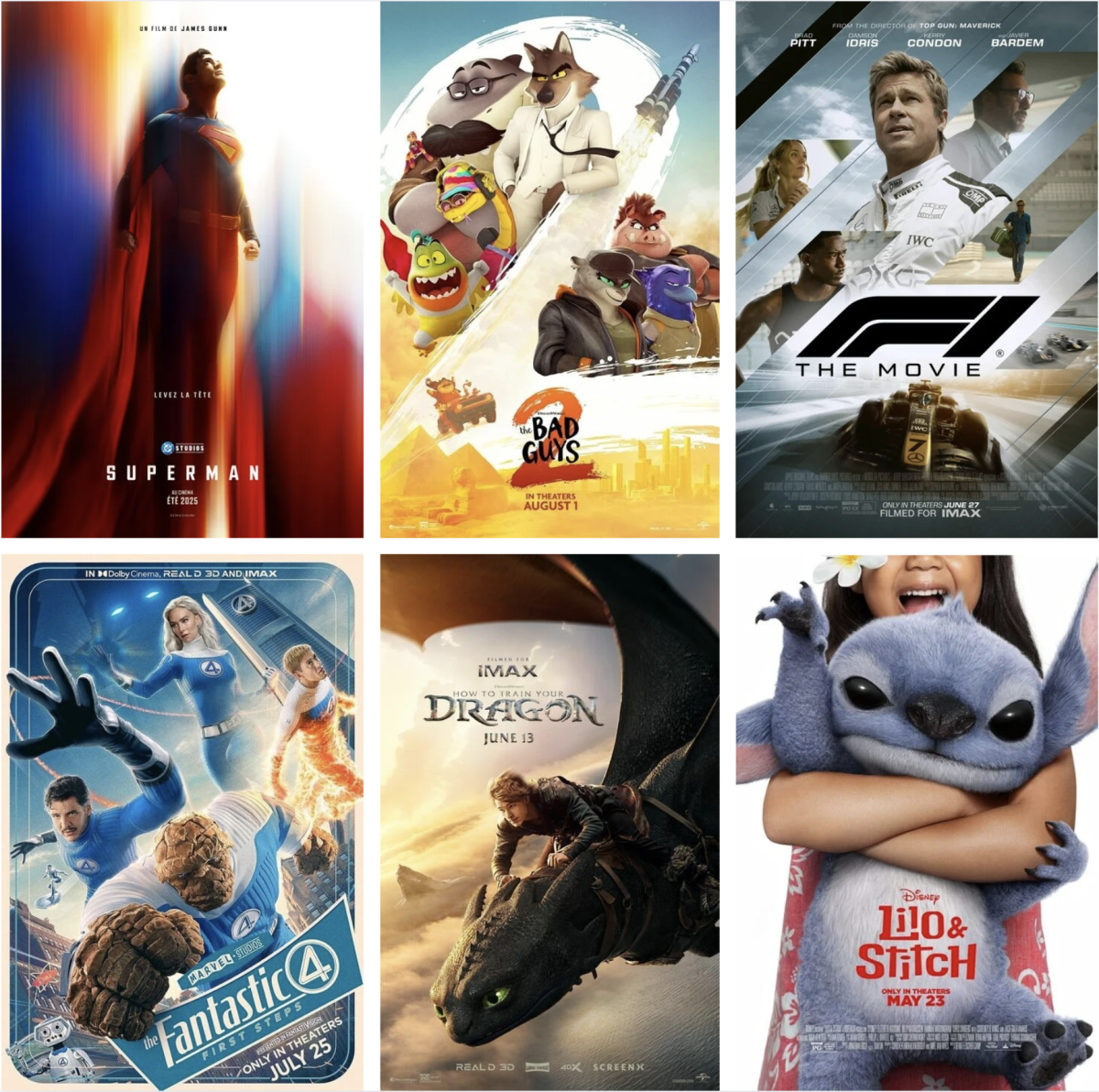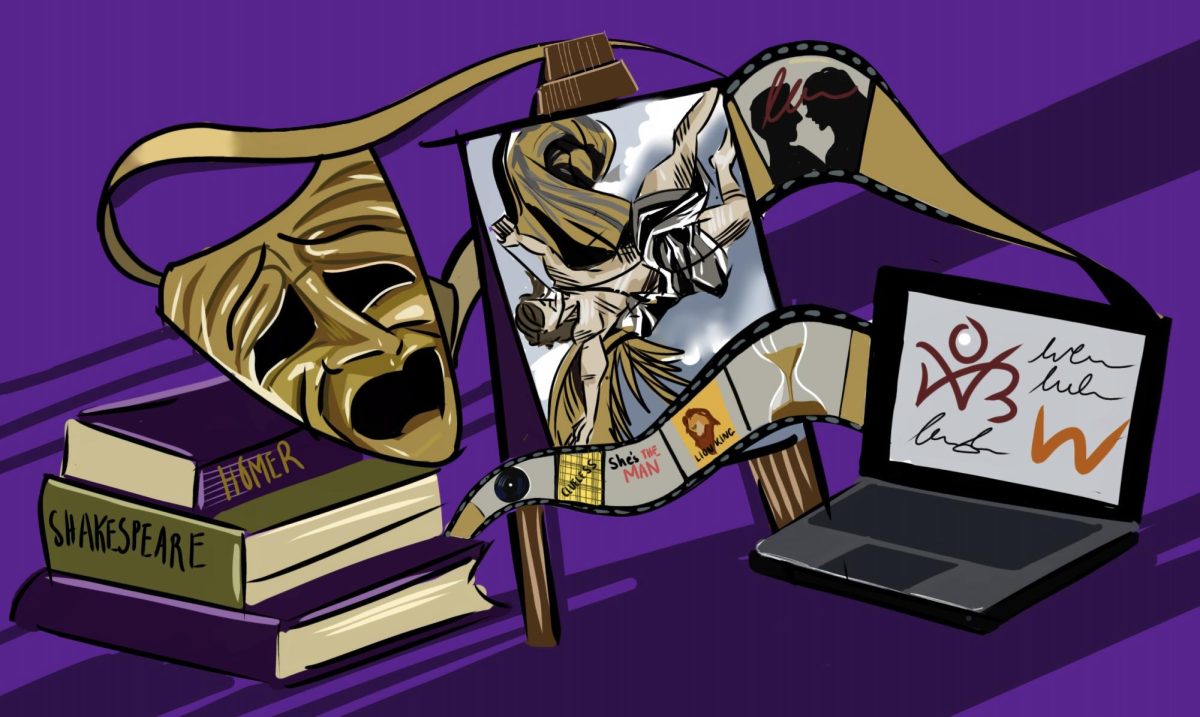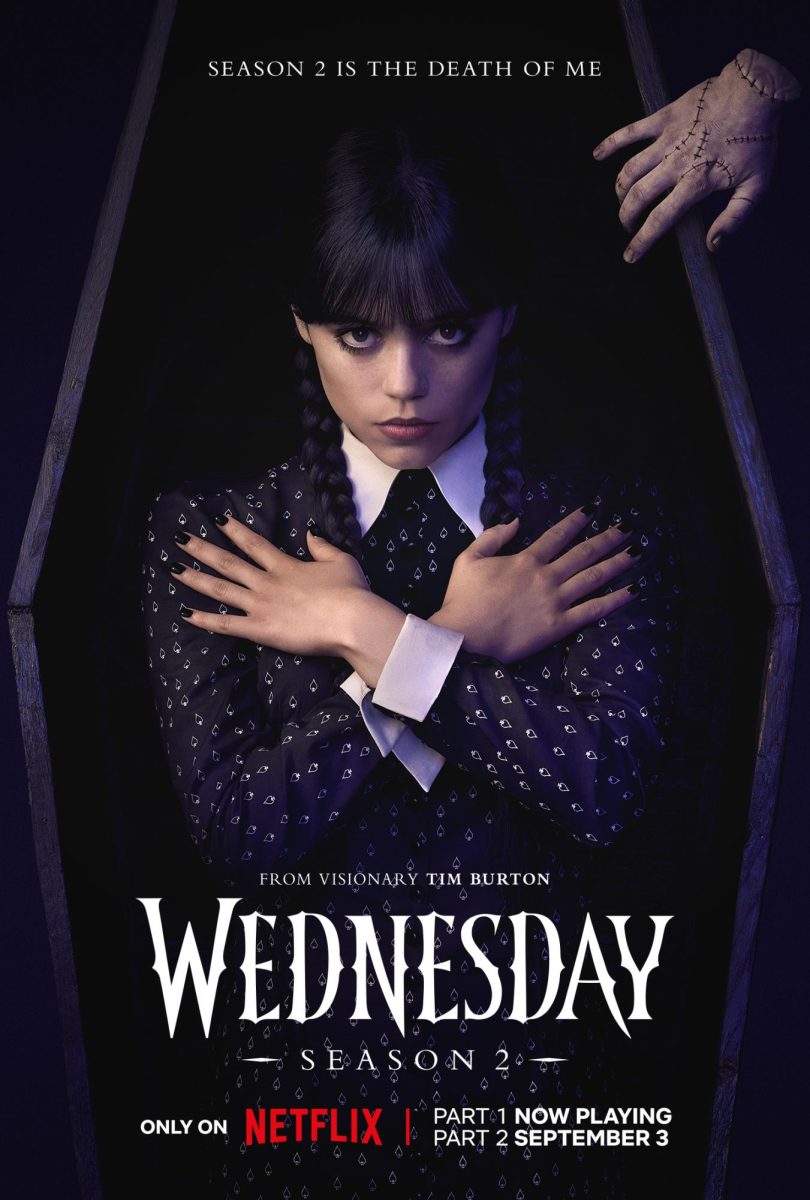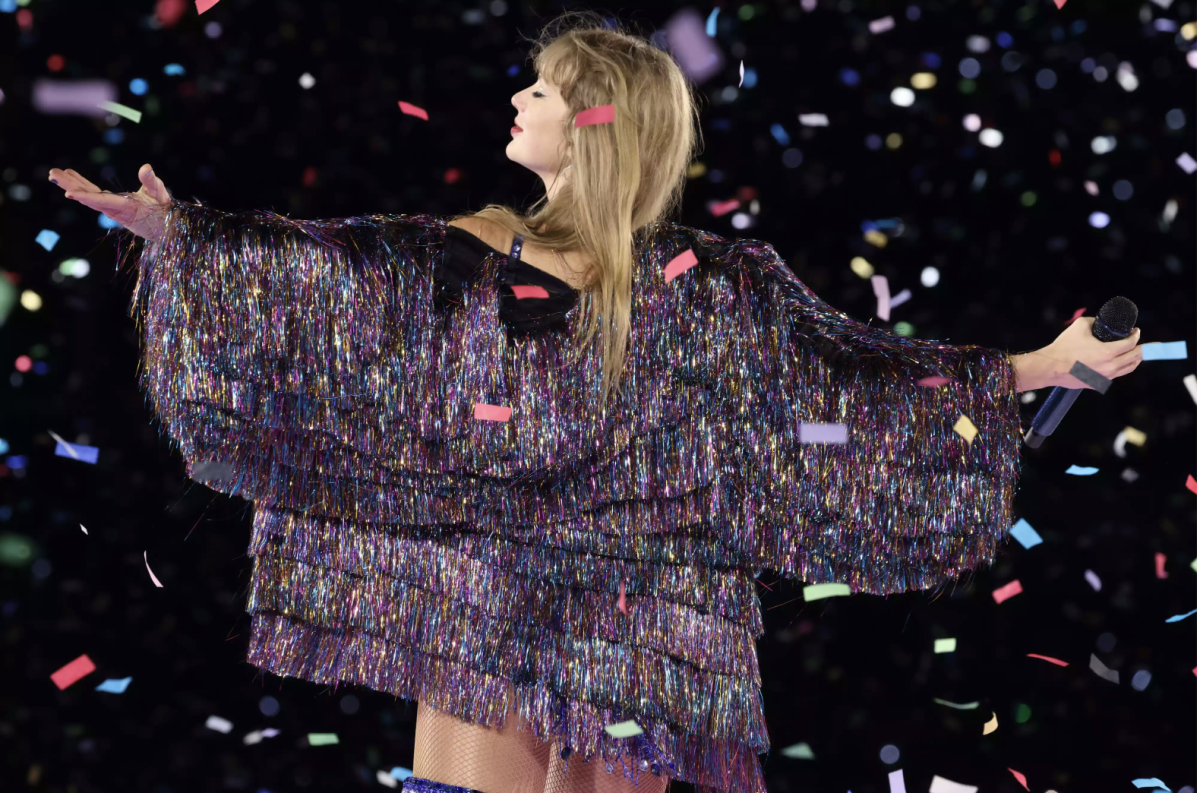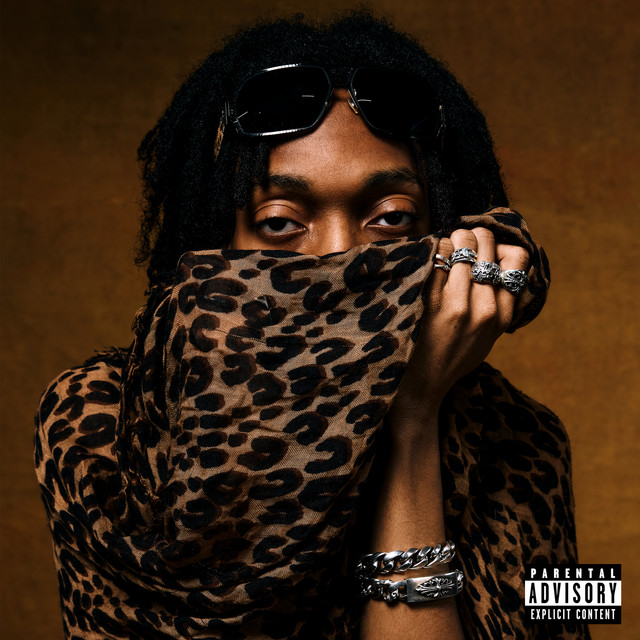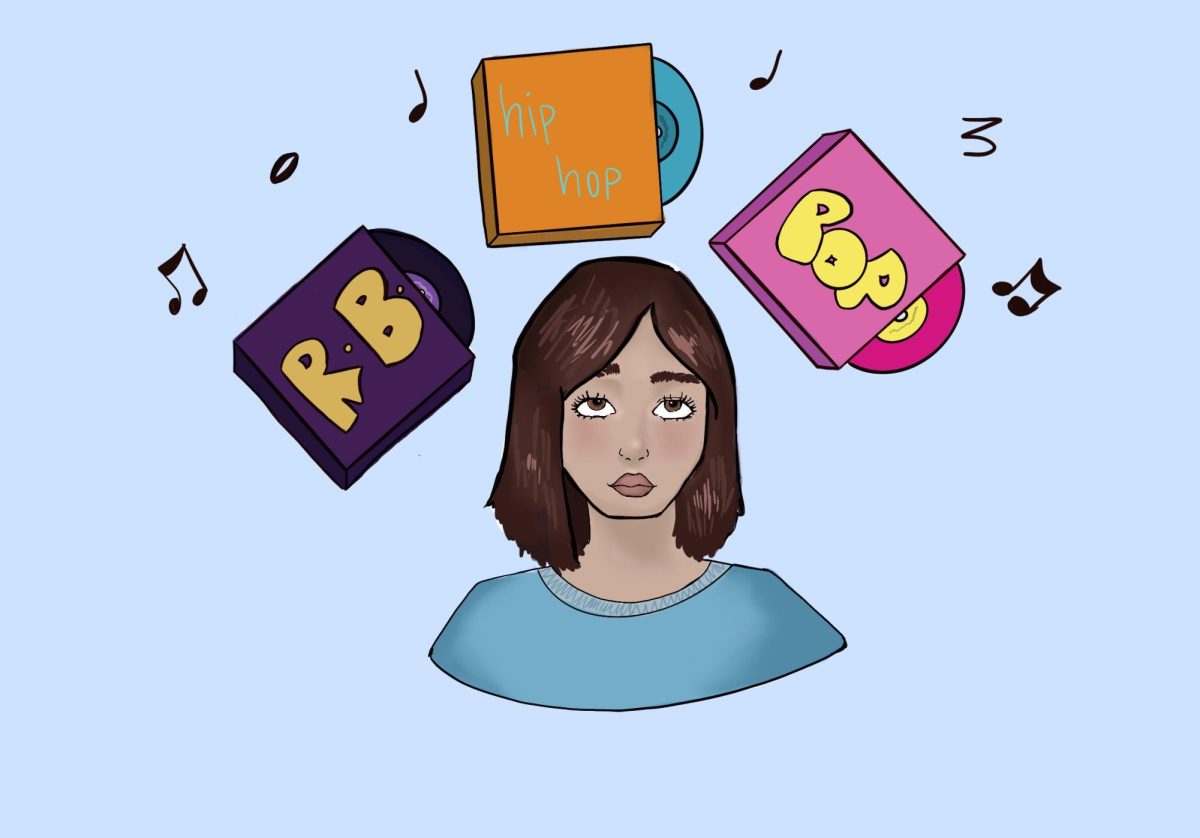Escape to a world where you’re heard. A world where you can be someone else for a while. Music is an escape from reality for many, but the norms have changed. Going from up-beat pop songs to slower emotional tunes, the messages songs deliver have changed. Over time, technological advancements, cultural shifts and the influence of diverse genres have altered the way music is produced today.
Throughout time, to many, music was more than just a way to have fun. It was a means of expressing deep thoughts and emotions. Songs weren’t just about tunes and lyrics, but they carried messages about life, love and the world around us. Each piece was like a story, sharing the artist’s views on the complexities of existence. A form of communication, songs created a bond between the creator and the listeners, providing profound insight into what it means to be human, as seen in songs such as “Gimme More” by The Rolling Stones and “In My Life” by The Beatles.
Moreover, music served as a refuge, offering individuals an escape from the challenges of reality. When people listened to music, it wasn’t always about enjoying the song. It was a way to feel understood. The emotions embedded in the lyrics and the rhythm created a space in which listeners could immerse themselves, finding peace knowing that others understood them.
As the music industry progresses, introducing new technologies and ways of listening to music, the meaning of music has transformed. In recent years, music has evolved to capture a broader range of human experiences. Artists now explore diverse themes, reflecting the complexity of modern life. This expansion in subject matter allows listeners to connect with a variety of narratives, embracing the idea that music can take on different forms and still resonate profoundly with audiences.
To many individuals, it may seem that music has taken a turn for a more melancholy, depressing vibe over the years as R&B becomes more and more popular, but the diversifying of the industry has led to so many more voices being heard. There are still thousands of artists who make music to feel good, specifically in the soul and hip-hop genres, but as we transition into 2024 the emotions and topics we see brought to light are changing.
The shift in music’s meaning also aligns with changing societal dynamics. Genres like R&B and Indie have become powerful platforms for addressing social issues, providing artists with an avenue to voice their perspectives on matters such as identity, equality, and mental health. The cultural shift as society becomes more progressive has further allowed a wider range of people around the world to connect with others.
In the depths of modern music, Gen Z artists are finding a way to tell their own stories, painting a vivid picture of what it’s like to grow up in today’s fast-paced society. Tate McRae, through her album “I Used to Think I Could Fly,” as well as Willow Smith’s “alone”, talks about the complexities of relationships as a teenager growing up in such a judgmental society. Similarly, Conan Gray’s album “Superache” takes a look at family dynamics and relationships, offering a narrative that explores the spectrum of human connection.
Music, for many Gen Z artists, has become a means of advocacy, allowing them to speak up about issues that often go unaddressed. Through their lyrics, these artists serve as voices for a generation facing a number of challenges. They tackle subjects that might be considered taboo or uncomfortable, creating a space for important conversations. In doing so, they not only provide a sense of catharsis for themselves but also act as advocates for those who may be facing similar struggles. These artists offer a sense of validation and support to the youth growing up today, letting them know that they’re not alone in their experiences and that there are voices in the world that resonate with their own.

